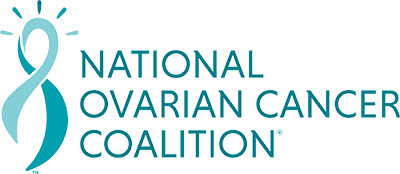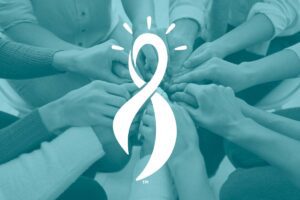Facing ovarian cancer can be an incredibly challenging journey, one that often feels overwhelming and isolating. In these moments, finding solace and understanding becomes paramount. Ovarian cancer support groups emerge as beacons of strength, offering a haven where patients, survivors, and caretakers alike can share experiences, lend support, and navigate the complexities of this formidable adversary together.
A Community that Understands
When the weight of a cancer diagnosis settles in, the importance of connecting with others who comprehend the nuances of the journey cannot be overstated. Ovarian cancer support groups create a space where patients can freely express fears, ask questions, and share triumphs. It’s like having a virtual hand to hold during doctor visits, treatments, and those moments when uncertainty looms large. The shared wisdom and experiences within these groups foster a sense of camaraderie, making each participant feel less alone in their battle.
Strength in Shared Stories
Surviving ovarian cancer marks a monumental achievement, yet the path beyond treatment can bring its own set of challenges. Support groups become havens of resilience where survivors can reflect on their journeys, offer guidance to those during treatment, and find comfort in shared victories. Celebrating big and small milestones is made more poignant when shared with a community that truly understands the significance of each step forward. For survivors, participating in these groups becomes a way to give back, offering hope and inspiration to others still navigating the trenches.
Caretakers Finding Understanding
Caretakers are indispensable in the ovarian cancer journey, offering unwavering support and love. Yet, the emotional toll and challenges they face often go unnoticed. Support groups provide a space for caretakers to express their fears, seek advice, and share the burden with those who comprehend the unique challenges of caregiving. Connecting with others in similar roles offers profound relief, reminding caretakers that they are not alone in their journey to support and uplift their loved ones.
Why Joining Matters
Participating in ovarian cancer support groups is more than just attending meetings; it’s about becoming part of a compassionate network. It’s a virtual handhold during the dark times, a source of inspiration during moments of despair, and a shared celebration of triumphs. The invaluable insight gained from others who have walked a similar path is often immeasurable, offering practical tips, emotional support, and a sense of belonging.
Empowerment Through Knowledge
In these support groups, knowledge becomes a powerful tool. Discussions range from treatment options and side effect management to coping mechanisms and life beyond cancer. The collective wisdom shared by fellow participants empowers individuals to make informed decisions about their care, fostering a sense of control in the face of uncertainty.
Breaking the Isolation Barrier
Ovarian cancer can be isolating, but support groups shatter that isolation barrier. In a world that may not fully grasp the nuances of this specific cancer journey, these groups provide a safe space where individuals can openly share their fears, joys, and challenges. It’s a place where vulnerability is met with understanding and empathy.
How to Find a Support Group
Start with the organizations we’ve included in our roundup of reputable ovarian cancer advocacy groups working to bring awareness and a cure to ovarian cancer. Many offer services connecting you to support groups in your area or virtual groups that fit your needs.
- Online Support Groups: Social media and dedicated forums provide accessible spaces to connect with others. Facebook groups, for example, bring together individuals from across the globe, creating a rich tapestry of experiences and perspectives.
- Local Support Groups: Many communities have local support groups that meet in person. These gatherings offer face-to-face connections, fostering a sense of community within a specific geographical area.
- Hospital-Based Programs: Hospitals and cancer centers often host support groups tailored to their patients. These groups may include facilitated discussions, guest speakers, and a supportive environment for sharing.
Participating in ovarian cancer support groups is not just about finding solace; it’s about discovering a community that understands the intricacies of the journey. Whether you’re a patient, survivor, or caretaker, these groups offer a lifeline of compassion, understanding, and shared strength.
In the face of ovarian cancer, where every step can be uncertain, having a supportive community can make all the difference. Reach out, connect, and let the collective strength of these groups become a guiding light on your path to healing.







